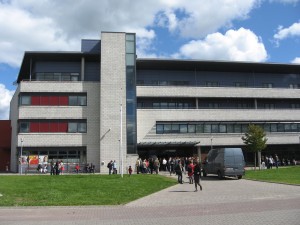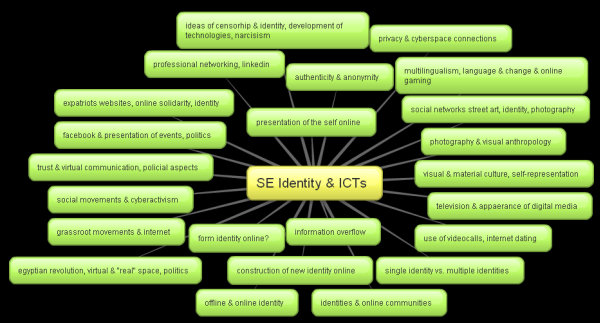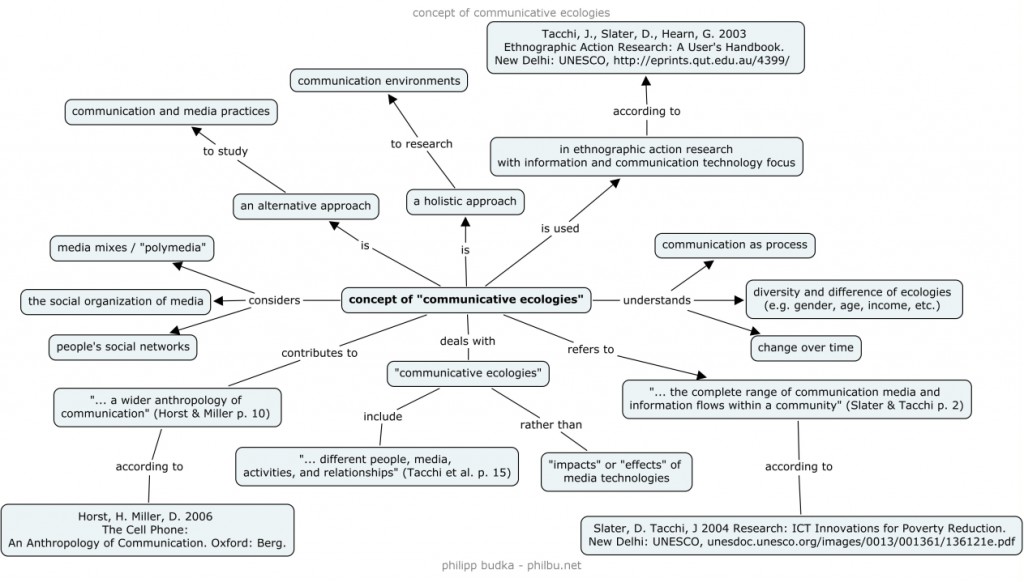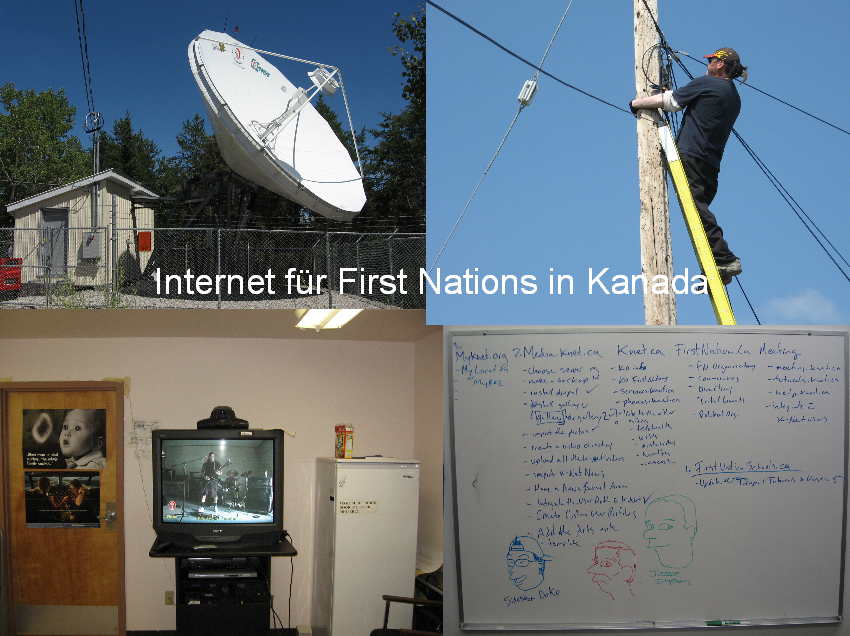Report on the 11th Biennial EASA 2010 Conference “Crisis and Imagination”,
National University of Ireland Maynooth, 24-27th August 2010
by Philipp Budka
(University of Vienna)
This report focuses only on those workshops I attended during the conference. They all deal with media (technology) practices in/and social and cultural anthropology. For a complete list of workshops and thematic areas, take a look at the conference website: http://www.easaonline.org/conferences/easa2010/index.htm

25 August 2010: EASA Media Anthropology Network Workshop “The rewards of media”
Convenors: John Postill & Philipp Budka
(http://www.nomadit.co.uk/easa/easa2010/panels.php5?PanelID=648)
John Postill introduces to the workshop’s theme, procedure and schedule. “The workshop explores the rewards (social, economic, symbolic, sensory, etc., cf. Warde 2005) derived from engaging in specific media practices in different sociocultural settings.” (more: http://www.nomadit.co.uk/easa/easa2010/panels.php5?PanelID=648).
1) John Postill & Francisco Orsorio “Mobile rewards: a critical review of the Mobiles for Development (M4D) literature”
In the workshop’s first paper John and Francisco review literature in the field of mobile technologies, particular phones, for development.
…
26 August 2010: Workshop “Digital Anthropology”
Convenors: Daniel Miller & Heather Horst
(http://www.nomadit.co.uk/easa/easa2010/panels.php5?PanelID=599)
Introduction to the workshop by Daniel Miller. “How can anthropology contribute to an understanding of the impact of new digital technologies? This session explores topics ranging from how digital technologies become part of everyday life to their role in the development of new infrastructures within both commerce and the state.” (more: http://www.nomadit.co.uk/easa/easa2010/panels.php5?PanelID=599).
1) Daniel Miller & Heather Horst “A brief theory of digital anthropology”
Daniel gives an introduction to the theory of digital anthropology by presenting the study program for digital anthropology at the University College London and two ethnographic case studies.
…

27 August 2010: Workshop “Engaging anthropology in practice: pedagogical exchanges with media practitioners”
Convenors: Caroline Gatt, Rachel Harkness, Thomas Hylland Eriksen, Joseph Long
(http://www.nomadit.co.uk/easa/easa2010/panels.php5?PanelID=621)
Introducing to the workshop and its theme are Caroline Gatt, Rachel Harkness, and Joseph Long. How can anthropology engage with media practitioners and in e.g. media training programs?
“Launching “Engaging Anthropology in Practice”, a project based in Scotland, this panel will showcase anthropological engagements of various publics by European practitioners in order to learn from this work and create links for future cooperation. Presentations have been requested that reflect upon the practicalities of engagement. Discussion in the latter part of the session will consider the development of anthropological training in the light of these experiences.” (more: http://www.nomadit.co.uk/easa/easa2010/panels.php5?PanelID=621).
1) Julia Bayer “Awareness training for journalists and its potential for the promotion of media diversity”
Julia, in her presentation, is introducing an awareness training program for journalists in Germany.
…





